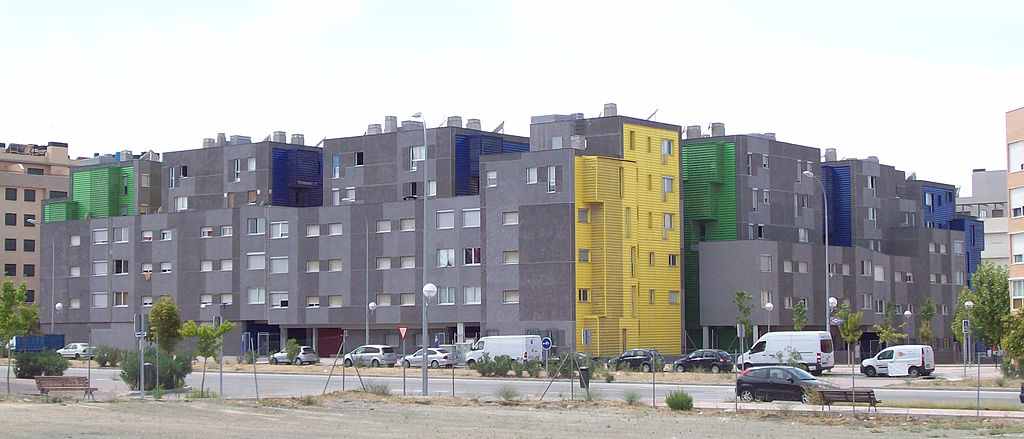Technology, the consumer goods and services sector, financial services, infrastructure, and natural resources, were some of the sectors mentioned at a Terrapinn conference in Miami on Tuesday by experts in Latin American private equity.
The topic of the discussion at the Private Equity World Latin America Forum was “The flow of operations in LatAm: hot sectors, high risks and exit strategies”; it was moderated by Luis Octavio Nuñez Greenberg Tauring, and attended by Robert Velarde, managing director of Darby Private Equity, as well as by Diego Serebrisky, managing director of Alta Ventures, Francisco Álvarez-Demalde, founding partner of Riverwood Capital, and Fernando Oliveira, partner in charge of HIG for Latin America.
Although not all the experts shared the same industries as those which govern their strategies at the moment, they did all advocate for and share the same thoughts and ideas about a region which, even though it is always put under the same roof, is undoubtedly a region which requires very different strategies.
For example, Velarde de Darby, a company which has conducted 55 operations during its 20 year history, pointed out that they currently lean towards the consumer products and services sector. The reason is clear, as the middle class continues to grow in most countries. For the same reason, they are also focusing on financial services, infrastructure, and natural resources. In fact, during the last six months, Darby has made six investments in the region within the above sectors.
For Serebrisky of Alta Ventures, the options are wide and they are interested in considering investments in all countries excluding Brazil. Mexico, Colombia and Chile offer opportunities for Alta Ventures in companies during the early-stages, because in countries like Chile and Mexico their governments are devoting much effort to raise capital to support enterprises. “Although we are talking about early stage investment, significant opportunities will be created,” he added.
Serebrisky also referred to Mexico and to its energy sector, an industry in which the entrance of private companies will help change a market that has always been in the hands of the State. “The regulation is there, but as yet it has not been implemented. The situation will vary greatly once the oil industry begins to receive foreign inflows,” the manager added, while he wondered whether the investment opportunity will be immediate once the market opens.
In this regard, Velarde said that for Darby, the Mexican oil sector is an interesting market in which to invest, either directly or through companies which provide services such as, for example, companies engaged in prospecting. “It’s an area in which we expect private capital to flow,” he added.
Meanwhile, Alvarez-Demalde said that Riverwood Capital invests predominantly in technology, but not in the early stages. When entering into companies in the region, they look for good management teams and companies positioned in their respective markets, while one of their main concerns is in the macroeconomic data. Not only are they concerned by this data, but also by the regulatory environment and the judicial system, “since most countries within this region have unclear regulations and difficult judicial systems. It is currently impossible in Latin America to enjoy an environment like the one available in the U.S.,” he stressed.
The experts agreed that the technology sector is a key industry in the current economy. Likewise, they recalled that large U.S. companies have plenty of cash abroad which they don’t take back into the country to avoid paying taxes, leading them to seek opportunities, and the technological sector is one in which they can be found. “These companies are open to investment because they have to do something with the cash,” said Serebrisky.
Finally, the speakers referred to their exit strategies and the best time to dispose of the position in a company as well as the main reasons that drive them to enter into a transaction. Velarde said that in this regard, it is definitely essential to choose the right partner in the middle market, this decision represents 50% of the weight of the operation; Alvarez-Demalde agrees with this, adding that the management team also plays an important role. He added that, therefore and in order to support their operations, they work with a large network of executives within the region.


 By Fórmate a Fondo
By Fórmate a Fondo